E-commerce platforms are always rich in goods but also full of fake and poor quality goods - Photo: BE HIEU
"In wholesale markets and traditional markets, for example, if pork does not ensure the process from farm to table and does not ensure food hygiene and safety, the market management board and other functional departments in the markets must also take responsibility.
Therefore, in the online trading environment, e-commerce platforms need to be responsible for controlling seller information or detecting and handling and need to prohibit advertising and selling fake and poor quality goods... to create a business environment that takes product quality as an important criterion," an economic expert in Ho Chi Minh City said.
It is absurd not to be dealt with.
Associate Professor Dr. Nguyen Huu Huan - Head of the Financial Market Department, Banking Faculty, UEH Business School (Ho Chi Minh City University of Economics) - said that when reading the regulations of e-commerce platforms, all platforms require sellers to provide complete documents.
But the problem is that when it comes to implementation, no one checks and supervises. The floor has only just opened a star rating or report policy if customers encounter fake or counterfeit goods.
But according to Mr. Huan, there is still a reality where customers accept and know that the goods are fake but still buy them, causing difficulties in monitoring and management.
"For example, genuine Marshall brand music speakers have the lowest price of about 5 - 6 million VND/unit. But with the same shape, the same brand name, on Shopee it is only a few hundred thousand VND. Consumers still buy because it is cheap even though they know it is not genuine. And the story of fake product feedback is left open," said Mr. Huan.
According to him, e-commerce platforms need to have a mechanism to detect and review counterfeit and fake goods; be responsible for comparing prices, verifying to eliminate low-quality goods, and handling cases that do not allow business registration on the platform.
This is none other than the authority and responsibility of e-commerce platforms. It is time for platforms to calculate new management solutions and responsibilities in the era of booming digital economy.
Mr. Quang Phu - owner of a grocery stall at a market in Tan Binh district (HCMC) - said: "If my stall sells fake or poor quality goods, and customers complain, the market management board must also take responsibility. It is unreasonable that e-commerce platforms sell fake goods without being punished. So when customers cannot buy cheap fake goods at our market, they can go to the platform and get them right away."
Many health and beauty products are advertised online and on e-commerce platforms, but it is very difficult to distinguish between genuine and fake products. Many manufacturing companies even say that the risk of counterfeit products is high - Screenshot: THAO THUONG
Lax e-commerce regulations
According to legal experts, the Law on Consumer Protection 2023 stipulates that organizations and individuals establishing and operating intermediary digital platforms are responsible to consumers according to the provisions of the law on e-commerce in cases where domestic and foreign business organizations and individuals sell and provide products, goods and services to consumers in Vietnam.
Thus, the owner of the e-commerce site must be responsible to consumers who have used the e-commerce site to buy goods but encountered counterfeit or poor quality goods.
That is the regulation on joint responsibility for the owner of the e-commerce platform for the quality of products sold on their platform. However, the mechanism for managing and monitoring product quality is still open.
Lawyer Le Trung Phat believes that with the explosion of e-commerce platforms like today, they can provide and occupy a very large market share in the transactions of buying and selling goods and services.
However, current regulations (Decree 52/2013 amended and supplemented by Decree 85/2021) show laxity and failure to promptly regulate activities on e-commerce platforms. In particular, the responsibility of e-commerce platforms in requiring sellers to provide legal documents related to products and services is not clearly defined.
Currently, the law only stipulates responsibilities in general terms. Article 36 of Decree 52 "... requires traders, organizations, and individuals who are sellers on e-commerce platforms to provide information according to Article 29". While Article 29 only stipulates information such as name, headquarters, business registration certificate, and tax code.
"If we look directly, counterfeit goods on this platform are easier to detect than those sold in stores, grocery stores, markets... because the price, uses, and origin are publicly posted. From there, managers or consumers can quickly identify and check or refuse to buy these products," Mr. Phat commented.
Many counterfeit electronic devices of various brands were busted by Hanoi City Police - Photo: NGOC BICH
Need to be punished seriously
According to lawyer Mai Thi Thao, the widespread appearance of counterfeit goods on e-commerce platforms is sounding the alarm about lax management and lack of responsibility of some platforms in controlling product quality.
"We have received many cases of businesses having their brands impersonated and being dumped by counterfeit goods, causing serious damage to both reputation and revenue.
What is worrying is that many fake products from Khanh Hoa bird's nest, cosmetics to Adidas sports shoes are still being sold openly at super cheap prices, which anyone with business experience understands is unreasonable.
Legitimate businesses cannot compete if counterfeits are not removed. I think it is not enough for e-commerce platforms to simply remove products when there is a complaint.
Current laws - such as the Commercial Law, the Law on Consumer Protection and Decree 98/2020 - have given e-commerce platforms a proactive role in censorship, warning and handling. But reality shows that such proactiveness is still very weak," Ms. Thao stated her opinion.
With experience working with businesses in the fields of e-commerce and intellectual property, lawyer Thao believes that the need to protect brands on digital platforms is increasing significantly.
Many businesses have had to file lawsuits or request compensation due to trademark infringement on major platforms. This is an inevitable consequence if we do not have an effective coordination mechanism between businesses, management agencies and digital distribution platforms.
"I think we need a synchronous strategy such as increasing fines for violating platforms, publicizing cases of repeated violations, and especially supporting businesses to easily access legal solutions from warnings, requests for removal to dispute settlement.
Without a strong enough legal corridor and a legal ecosystem, counterfeit goods will continue to prevail, distorting the market and causing long-term damage to both consumers and businesses," Ms. Thao shared.
Graphics: TAN DAT
Be responsible for the information on your platform
At the end of 2024, the Department of Industry and Trade of Ho Chi Minh City sent a document to e-commerce platforms and businesses regarding compliance with regulations related to advertising and trading of functional foods, health protection foods...
The department requires that entities only advertise functional food products that have been granted a certificate of advertising content by a competent authority. The department also requires e-commerce platforms to establish a process for censoring advertising content and to be responsible for product information posted for sale on their platforms.
In addition, to make the market transparent, prevent counterfeit goods, fake goods and tax evasion on e-commerce platforms, the Government has requested the Ministry of Industry and Trade to study, amend according to its authority or propose competent authorities to amend legal documents on e-commerce to identify sellers through VNeID.
In the first quarter of 2025, Vietnamese people will spend more than 100,000 billion VND buying online.
According to the online retail market overview report for the first quarter of 2025, published by the data analysis platform Metric.vn, the total sales of the entire Vietnamese e-commerce market in the first three months of the year reached VND101,400 billion, an increase of more than 42% over the same period in 2024. Consumption output reached 950 million products, an increase of 24% over the first quarter of last year.
In which, the health sector on e-commerce platforms recorded the most outstanding sales, specifically from the health care product and functional food groups, reaching VND 2,309 billion and VND 2,266 billion, respectively.
Nguyen Van Khanh reenacts the production of 220,000 bottles of fake oil of major brands that have been released to the market through e-commerce platforms - Photo: CACC
Counterfeit goods are rampant on e-commerce platforms
The Vietnam E-commerce Association (VECOM) estimates that the scale of Vietnam's e-commerce will reach 32 billion USD in 2024 and achieve a growth rate of 27%. Of which, online retail sales will reach 22.5 billion USD, up 30% over the previous year, and are expected to accelerate this year. Along with growth, the risk of counterfeit and poor quality goods also increases.
On June 8, speaking with Tuoi Tre, Ms. Nguyen Thanh Xuan (Tan Binh District, Ho Chi Minh City) said she often buys bird's nests and processed bird's nests on her fellow countrymen's Facebook accounts, buying each gram of refined bird's nest for 2 million VND.
While watching the livestream, seeing that refined bird's nest fibers were only 1.5 million VND/gram, Ms. Xuan bought it to try.
"I found the quality similar to the kind I usually buy from acquaintances. Seeing that it was cheap, I bought 10 more jars of bird's nest for 35,000 VND/jar, buy 10 jars and get 1 jar free, it's okay. I have no way of knowing if the bird's nest is 100% real.
After using it, I can only say "thank goodness", because if I'm lucky enough to find something cheap and delicious, I'll stop buying it if it's fake," said Ms. Xuan. In fact, on e-commerce platforms today, wholesale bird's nest products are bustling with countless prices. For example, on Shopee, bird's nest is priced at 17,000 VND/jar, buy 10 jars and get 1 free; there is a "super" cheap type that's only 9,000 VND/jar...
While consumers find it difficult to distinguish quality, manufacturing companies are very clear about the process of real and fake products. Mr. Nguyen Thanh Hai (general director of Khanh Hoa Salanganes Nest Company) shared that "it is unimaginable that bird's nest can be so cheap" when it is only available online and on e-commerce platforms, the price is advertised at 9,000 - 15,000 VND/jar.
Mr. Hai commented: "It is definitely fake bird's nest! The price is completely disproportionate to the real value of the bird's nest. Fake bird's nest jars use alternative ingredients such as gelatin, chemical sugar, synthetic flavors... which can seriously affect health, especially for children and the elderly."
Online markets have long "held" buyers first and foremost because they are cheap. Understanding customer psychology, online shop owners choose cheap products as a business strategy when going online.
An online bird's nest shop owner in Ho Chi Minh City explained: "There are many types of bird's nest, but the best-selling type is still the cheap type. Bird's nest in jars, priced at tens of thousands of dong per jar, also comes from competition, so choosing products to sell must be cheap, then talk about quality."
Because of the cheap price, fake products are released to the market with genuine labels. Mr. Nguyen Thanh Hai said that is the reason why the market is currently witnessing a widespread outbreak of products called "bird's nest" but are actually fake, counterfeit, poor quality and of unknown origin.
Evaluating the distribution channels of counterfeit goods, Mr. Hai recognized that they are online distribution channels such as e-commerce platforms, social networks, livestreams... because counterfeit products in online "markets" are not subject to any control, and seller authentication is still loose.
Proposing solutions to control counterfeit and poor quality goods, according to Mr. Hai, it is necessary to synchronously implement many practical solutions to improve the legal framework and tighten enforcement, such as the Law on Protection of Intellectual Property Rights, product labeling, management of functional foods, sanctions for commercial fraud; strengthen market supervision and inspection, especially online channels.
Mr. Hai emphasized: "We must apply measures to manage technology to identify sellers on e-commerce platforms, verify legal information, tax codes, and product origins. And we must build a system to filter and warn of violating products using artificial intelligence technology.
For example, the bird's nest industry needs to copy the national electronic database of businesses and legal bird's nest products, along with traceability management platforms (QR code, blockchain...), forming a continuous control chain from production - distribution - consumption".
Meanwhile, a representative of a Japanese milk distributor in Ho Chi Minh City said that many health protection foods, milk, and functional foods come from the psychology of wanting cheap things when buying online and consumers' weak recognition of real and fake.
According to this person, it is necessary to promote communication and coordination between businesses, authorities... organize booths to experience distinguishing genuine and poor quality goods at supermarkets, fairs, schools, hospitals... or encourage consumers to become "market monitors" through platforms to receive feedback and report violations.
"It is even possible to establish business alliances in each industry such as bird's nest industry, milk industry or health and beauty food industries... to create an early warning network and together protect brand reputation," he proposed solutions.
People can easily receive and return goods from home delivery companies in Ho Chi Minh City after making online purchases - Photo: BE HIEU
Real pictures but fake delivery
Once helping livestream to sell products for an online shop, Ms. Thuy Trang (from Phu Yen) said that the shop did not lack "branded goods" but they were mainly counterfeit goods.
Ms. Trang said: "The advertising price on the livestream is set by the store owner himself, to compete. For example, Adidas and Nike sandals in shopping malls or genuine stores cost nearly 1.4 - 1.8 million VND/pair, but here I see the shop owner selling them for a few hundred thousand VND, the highest is 300,000 VND; the designs are the same, the only difference is that... they will break after a few days of wearing them."
Ms. Nguyen Thi Lan (collaborator of a functional food brand in a central province) said that e-commerce platforms are comfortable with advertising and selling products, as long as they have sufficient documents and certificates.
"Many online shop owners advertise products with uses such as singing in the ear because they are less regulated, less likely to be tightened or fined.
No one knows the quality of the goods, only the owner knows. Sometimes the pictures are real but the goods delivered are not as real as the pictures because the price is cheap. But they can sell, I can sell. Therefore, on online platforms, there are all kinds of products, only lacking buyers, not lacking goods," Ms. Lan explained.
Consumers "dizzy"
Ms. PTC (HCMC) suffered from cervical spondylosis and chose to be treated with Oriental medicine. After the acupuncture, the clinic also sold her a health supplement called neck and shoulder pills, priced at 180,000 VND/bottle of 30 pills.
However, after finishing a bottle, she went to Shopee to buy it for convenience. She was "dizzy" because there were too many products to protect her neck and shoulder health with prices ranging from 85,000 - 485,000 VND/bottle. It is worth mentioning that the products have similar names, even "sticking" a few words of foreign brand products and all introduce products of genuine brand A, genuine brand B...
"At this time, my choice is to buy based on my intuition. I have no idea if my health is being deceived," Ms. C. added.
* Mr. Nguyen Duy Vi (Director of Buzi Media Company, Ho Chi Minh City):
Threatened to lock shop
The recent discovery of a series of violations on e-commerce platforms reveals many stories about the dark side of development.
I have reported many shops selling fake, low-quality, and counterfeit products of my brand, but in return, they have been silent or responded very mechanically. When I made a big deal out of it, they even locked my shop. As for reporting to the authorities, I really don't know where to report.
The management and punishment mechanism is not really deterrent enough. The feedback channels of the floor and the management agencies are not really clear and effective. To sue a counterfeit or fake product on the floor is a huge difficulty when the regulations are not clear and there is a lack of a responsible department from the e-commerce floor as well as the management agency.
E-commerce platforms like Shopee and Lazada must be held accountable for allowing counterfeit goods to be sold freely for a long time. The lack of strict control over the products posted on their platforms is unacceptable.
These exchanges benefit from transaction fees and revenue, but do not take adequate responsibility for allowing counterfeit goods to proliferate, affecting both consumers and genuine distributors and businesses. The exchanges need to be held legally responsible and regulators should apply stronger sanctions to prevent this situation.
NEGOTIATION - PURE LAND - VIRTUE
Source: https://tuoitre.vn/san-ban-hang-gia-phai-xu-nghiem-20250610090558764.htm




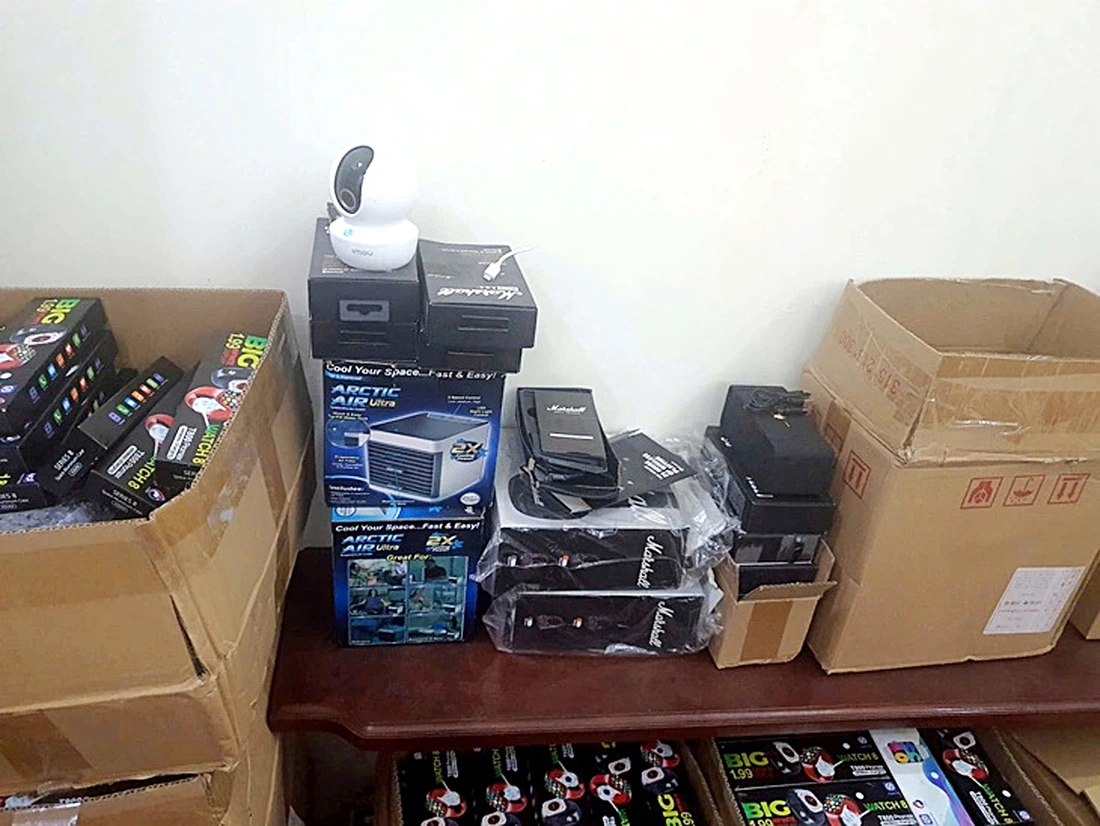
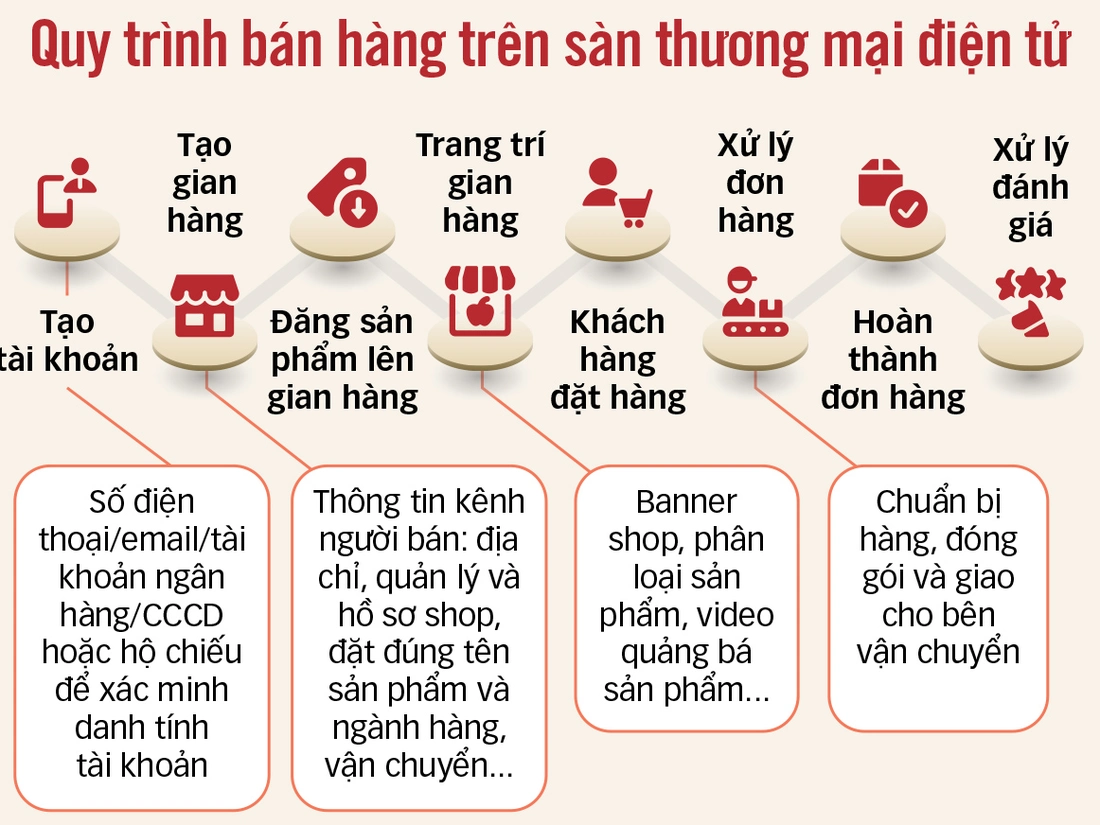
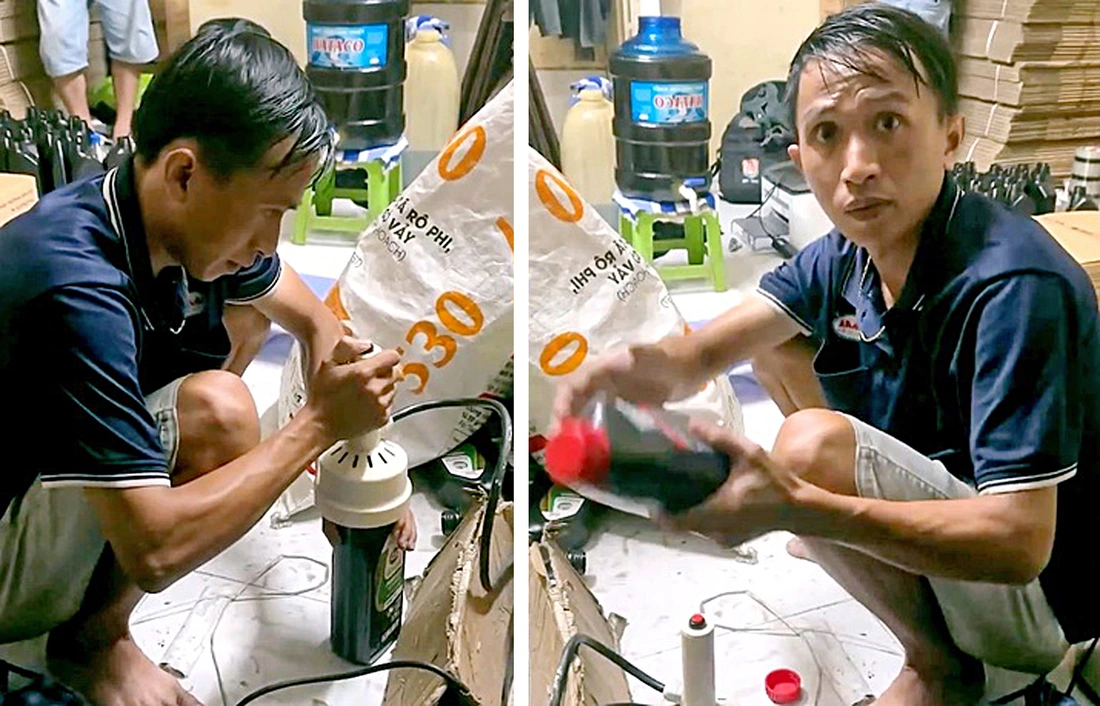
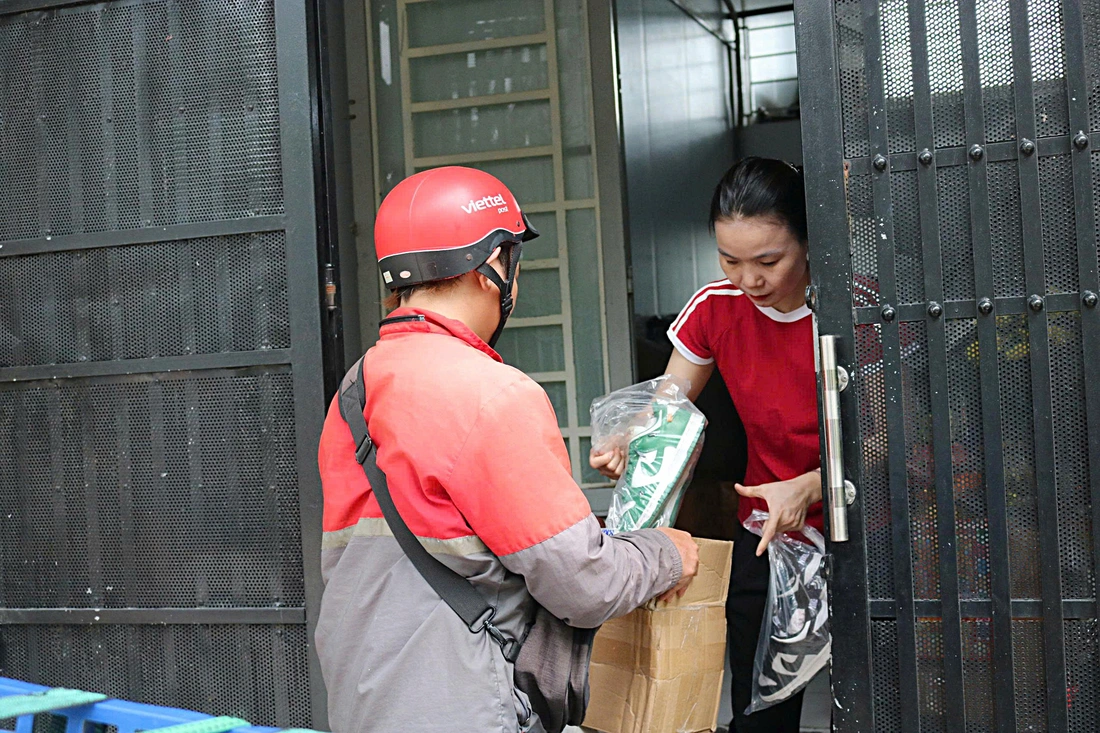








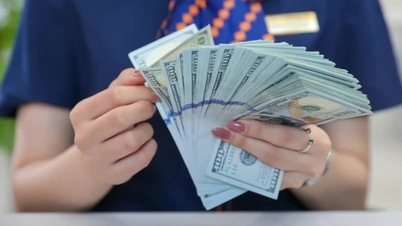

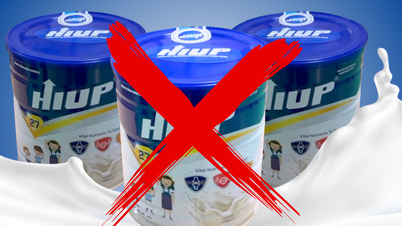
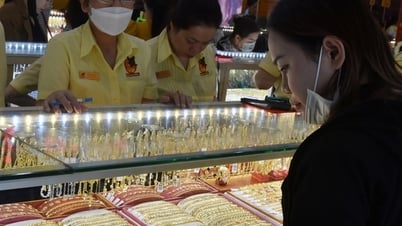






















































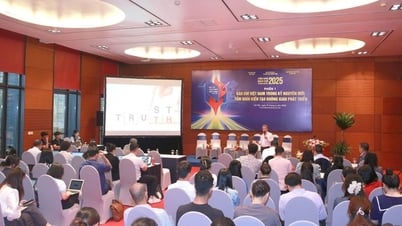
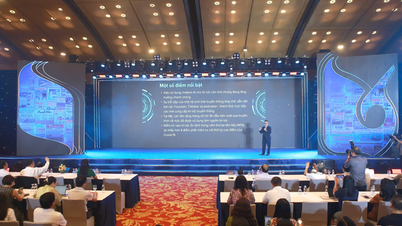





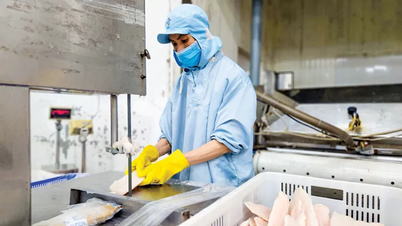



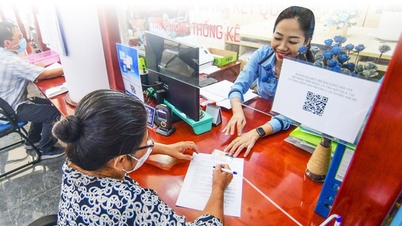




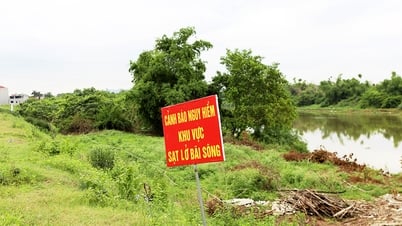
















Comment (0)